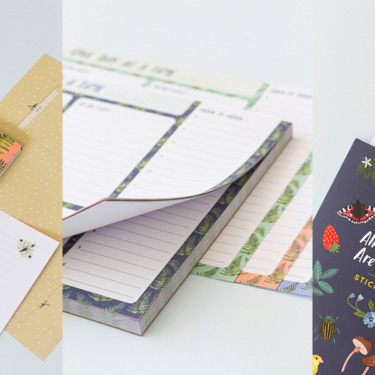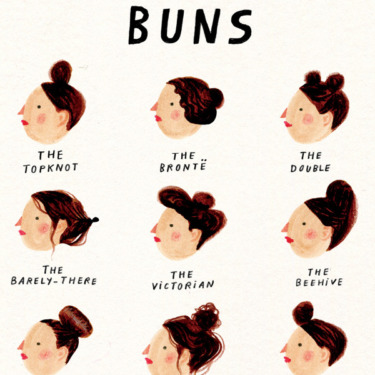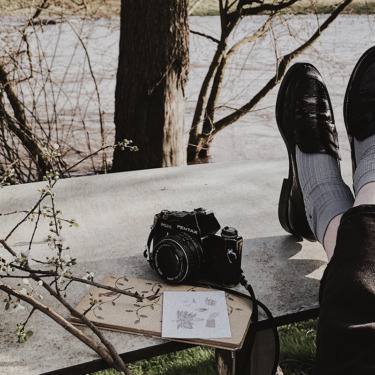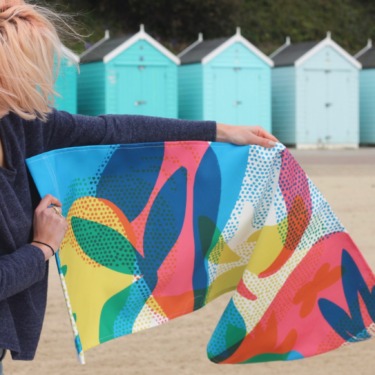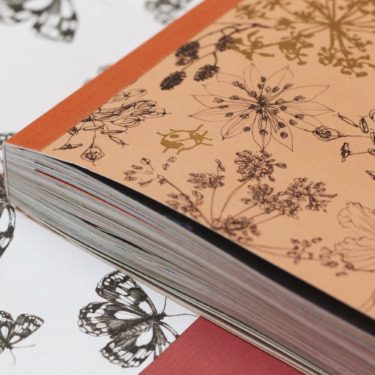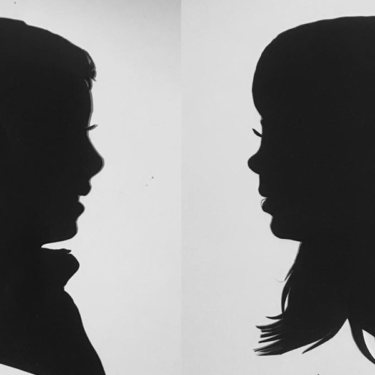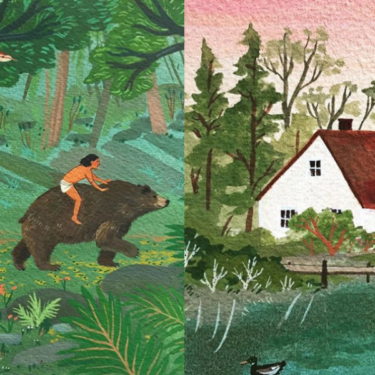Sandra Konrad
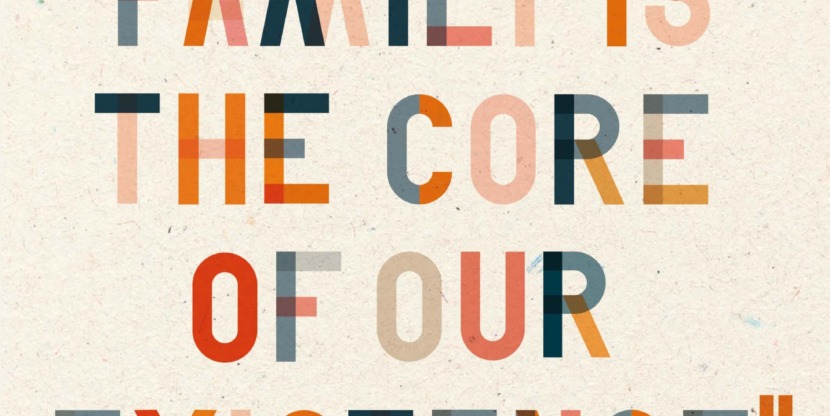
We all have baggage from our childhoods, but how we live as adults can sometimes conflict with the rules or values with which we were raised. So what parts of what our parents taught us do we hold onto and what do we let go? German family therapist Sandra Konrad handles these themes a lot in her practice.
How does our childhood influence our adult life?
Our parents are our primary influence: How did they welcome you into the world? How did they raise you? How did they teach you things and how did they give you encouragement? All of these choices shape you. How your parents dealt with their own emotions and conflicts and how they related to the world around them has a big influence on your life.
Is there a way to study your own family history on your own?
It’s really very simple: Talk to your parents. It might feel strange at first, to suddenly talk about the past in such an intimate way, especially if you were never encouraged to do so. But often these conversations can be very moving. “I never thought my mother would be so open with me”, or, “My father is telling me things he’s never told me before” are things I hear again and again in my practice. It might not be easy to start this kind of conversation, but don’t forget that we all like to talk about our origins—especially if someone is listening with real interest. It’s surprising how many forgotten memories surface. A good first question is, “How would you describe your parents?” Or ask your mother or father about their earliest memory. All you have to do is listen and occasionally ask another question. When you’re talking like that, you often get new insights into the expectations you were subconsciously given that don’t feel right to you. See it as an opportunity to be able to do what you want, free of what your parents think about it.
- Want to read more of the interview? You can find it in our special Love & Life, which is available in our shop.
Interview Irene Ras Photography Kirsten Nijhof & Shutterstock


